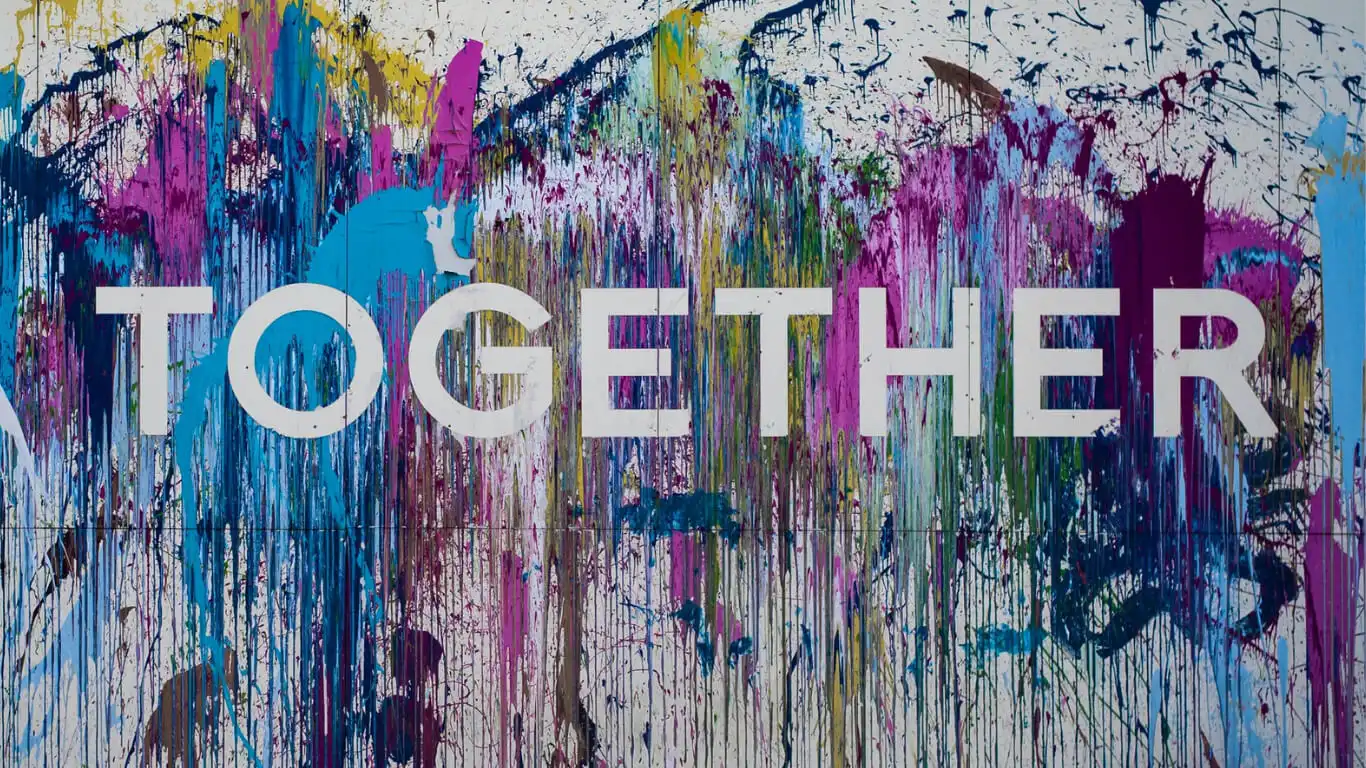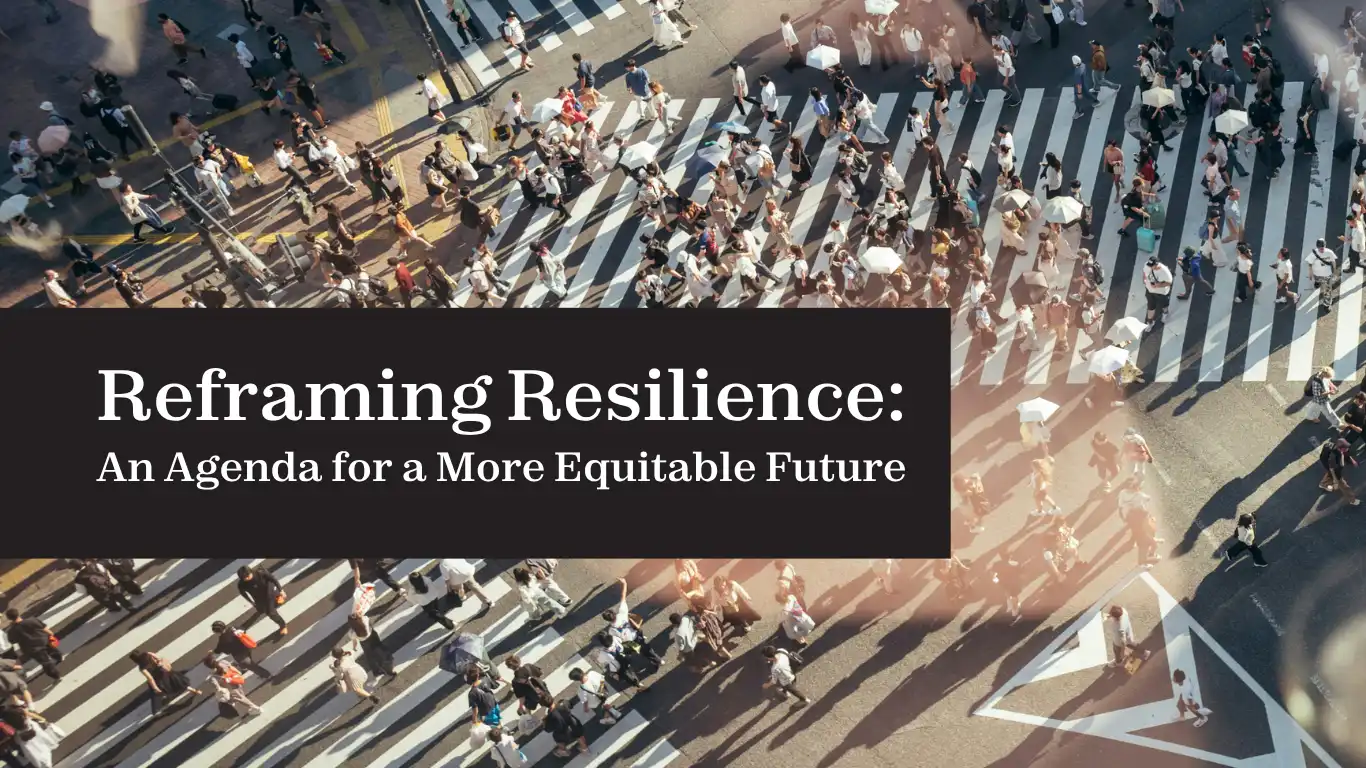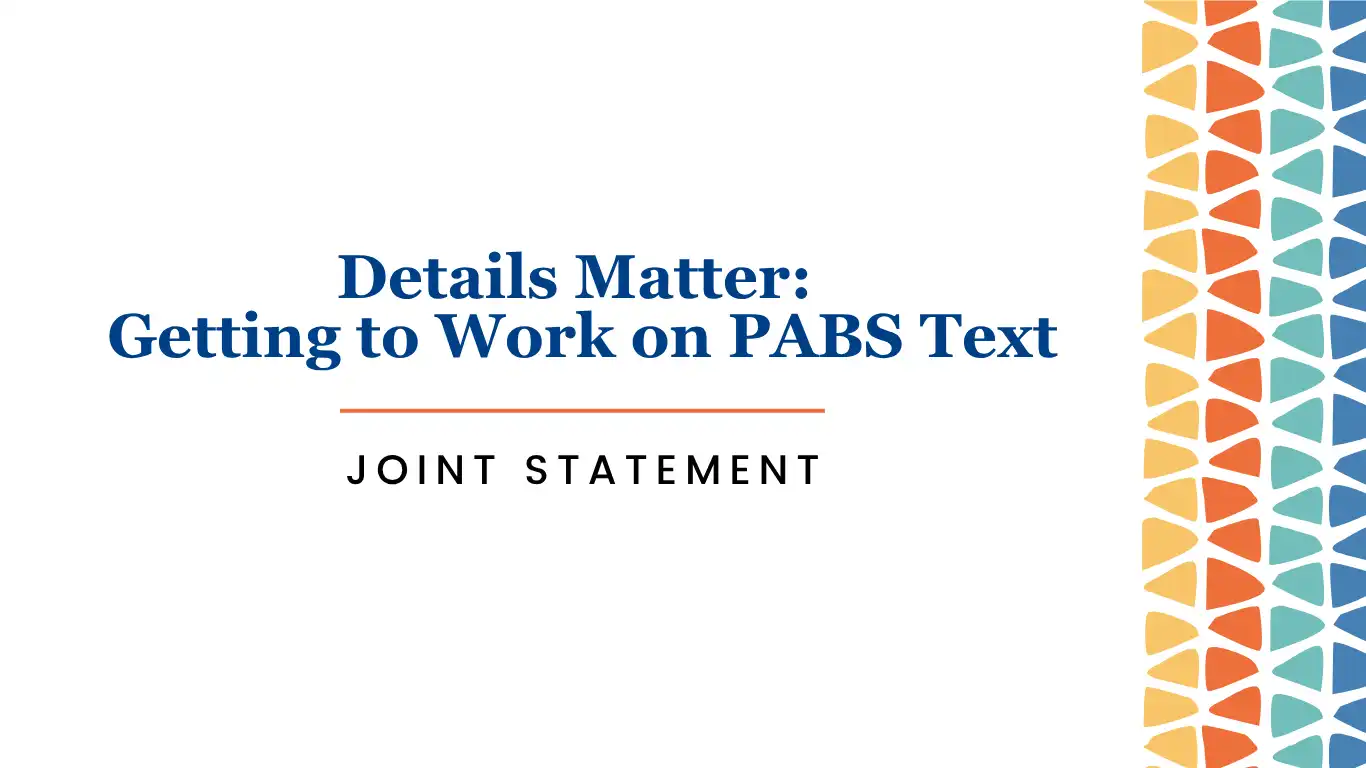For anyone that missed Saturday’s Global Goal: Unite for our Future, here’s what happened.
First, sitting down to a pledging summit, you don’t necessarily expect to be entertained, educated and inspired. Saturday’s Summit managed all three–and that was before the concert event started. The two hours were dedicated to short, sharp panel discussions between the video clips of leaders giving pledges as well as featuring some partners. The Summit highlighted the role of the real heroes of this pandemic – the health care workers, the scientists, the front line workers, the researchers working hard to keep us safe, treat COVID-19 patients and find cures for and vaccines against this killer disease. Highlights included Miley Cyrus teaming up with Erna Solberg and some moving conversations about the Black Lives Matter protests across the world. Connections were made about the disproportionate suffering of Black people and other minorities in the pandemic as well as through racism. These racial justice segments deeply enriched the Summit and were very rooted in the moment.
But what did the Summit concretely achieve? Two key things: finance for international aspects of the COVID-19 fight and strong political support for making sure this pandemic is ended globally. On finance, the event raised an astonishing $6.9bn in grants and loans to fight COVID-19. Host Ursula von der Leyen got the afternoon off to an incredible start by announcing a €4.9bn loan from the European Investment Bank for the global recovery.
Other notable contributions included a €383m pledge from Angela Merkel and smaller contributions from a wide range of countries. Global Citizen helpfully published more details after the Summit. Much of the funding raised will go to the Action for COVID Tools Accelerator, with other funds to the World Food Programme, UNFPA and others to combat the impacts the disease is having on many poor communities. Much-welcomed pledges to the WHO were made by Belgium, Qatar, Sweden and others. Increasing multi-donor support for WHO will be more important than ever to fill the financing gap looming with the recent US announcement of its intent to terminate relations with WHO.
The Pandemic Action Network and others have been calling on the European Commission to work with the EIB to extend much-needed liquidity for the global response. Just as countries (and regional blocs like the EU) have borrowed huge amounts to help their own economies recover, we need the same level of ambition for the global recovery and this is a great start.
Thanks to Global Citizen’s policing of the pledges, every announcement referred to new money (a few leaders included references to money pledged before in their video submissions, but they didn’t count in the total) – a huge leap forward in transparency that will help all of us better track funding and disbursements and save precious time.
Second, the breadth and depth of global solidarity was on full display. Leader after leader pledged money, but also strong commitments to working together across the world to end this pandemic. President von der Leyen set the tone by calling Saturday a ‘stress test for solidarity’. Jacinda Ardern ended her piece with ‘we are all in this together’ and leaders from France, Canada, Belgium, Spain, Norway, Singapore, Switzerland and the US ambassador to the UN all called for this crisis to be resolved multilaterally. It was also great to hear Johnson & Johnson commit to producing a COVID-19 vaccine on a not-for-profit basis.
The model for Saturday’s Summit changed the way we will do business during this time of COVID, this time of increased poverty, and amid the racial justice protests that have spread across the world to stand up for equality. When President von der Leyen closed the Summit with “we are in this for the long haul, and we will use all of our convening power for the common good” there are many of us that welcome that statement and we will hold her to it! The collective leadership shown on Saturday is needed for the long haul. Now we need to plan how to raise the rest of the emergency funds the world needs as well as the investments needed to make sure this never happens again. We simply cannot afford not to.



